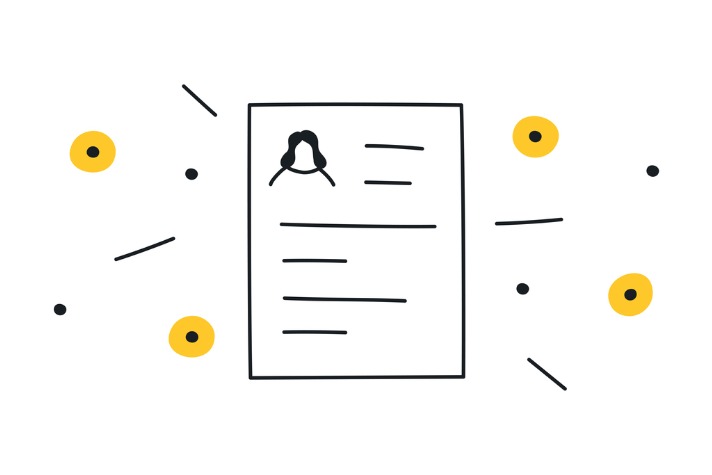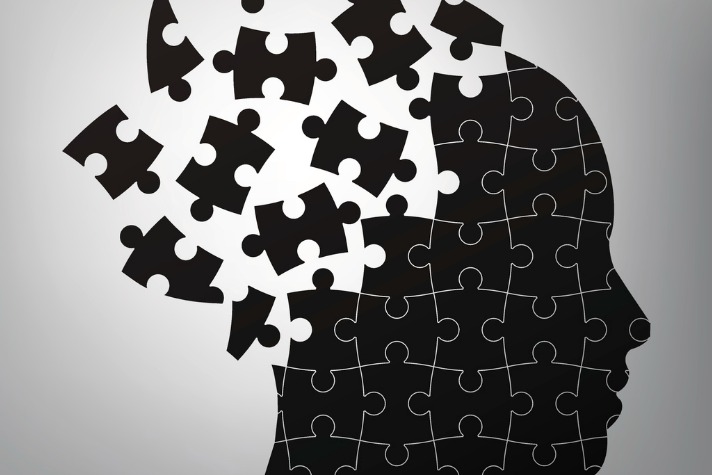How healthy eating affects mental and emotional health
Published by MAXSolutions on July 18, 2021

Most people know that eating well can help you maintain a healthy weight and avoid or minimise many health problems. Did you know that your diet can also have an effect on your mood and sense of wellbeing?
There is a growing body of research that even links diet with mental health. Specifically, a healthy diet is associated with reduced risk of mental health conditions.
For example, recent studies have identified that eating a diet containing a lot of processed meats, packaged meals, takeout food, and sugary snacks are associated with higher rates of depression, stress, bipolar disorder, and anxiety.[1]
What you eat matters
Many studies worldwide have shown that there's a link between diet and mental health. But this research is still in early stages, so we don't know unequivocally if unhealthy foods actually cause illnesses such as depression.[2]
There is strong evidence that high intakes of fruit, vegetables, fish, and whole grains may be associated with a reduced depression risk.[3] The available evidence shows that people who eat an overall healthy diet – that is one including lots of fresh, unprocessed and nutrient-dense foods – tend to have better mental health.[4]
Balance is the key
While some specific foods or nutrients have been shown to have a beneficial effect on mood, it’s your overall dietary pattern that is most important. That means switching to a healthy diet doesn’t have to be an all or nothing proposition.
You don’t have to be perfect and you don’t have to completely eliminate foods you enjoy to have a healthy diet and make a difference to the way you think and feel.[5]
It is important to remember that there are many risk factors that cause mental illness, including many we have no control over, such as genetics, childhood trauma and socio-economic standing. However, you can control what you choose to eat and for some people this can make a difference.
If you are concerned about your mental health, or if you’d like help implementing a healthier diet, make an appointment with your EAP by contacting 1800 629 277 or support@maxsolutions.com.au.
References
[1] Jacka, F., Sacks, G., Berk, M., Allender, S.; Food policies for physical and mental health BMC Psychiatry. Epub 2014 May 9.
[2] http://www.abc.net.au/health/talkinghealth/factbuster/stories/2014/10/02/4098166.htm
[3] Lai JS1, Hiles S, Bisquera A, Hure AJ, McEvoy M, Attia J.; A systematic review and meta-analysis of dietary patterns and depression in community-dwelling adults. Am J Clin Nutr. 2014 Jan;99(1):181-97. doi: 10.3945/ajcn.113.069880. Epub 2013 Nov 6.
[4] Psaltopoulou, T., Sergentanis, T. N., Panagiotakos, D. B., Sergentanis, I. N., Kosti, R. and Scarmeas, N. (2013), Mediterranean diet, stroke, cognitive impairment, and depression: A meta-analysis. Ann Neurol., 74: 580–591. doi: 10.1002/ana.23944
[5]http://www.helpguide.org/articles/healthy-eating/healthy-eating.htm
Share
Tags
Found this useful?
Help and advice
Our blogs are about helping people seek the information that they need for their steps in the workforce.














_1.jpg)





























.jpeg)

















